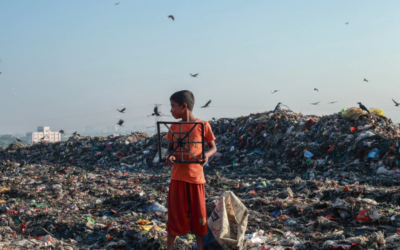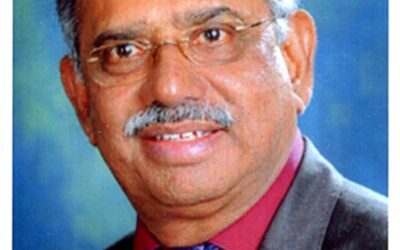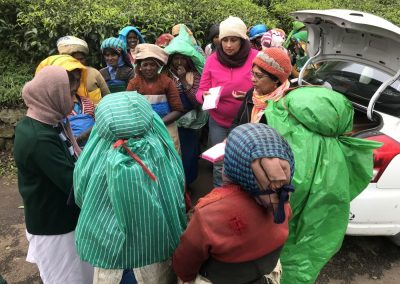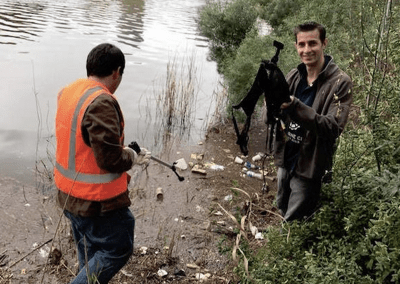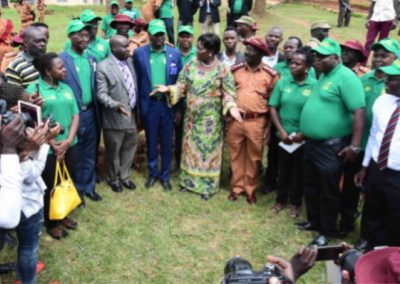THEME
Pollution
Search for a solution to put an end to pollution.
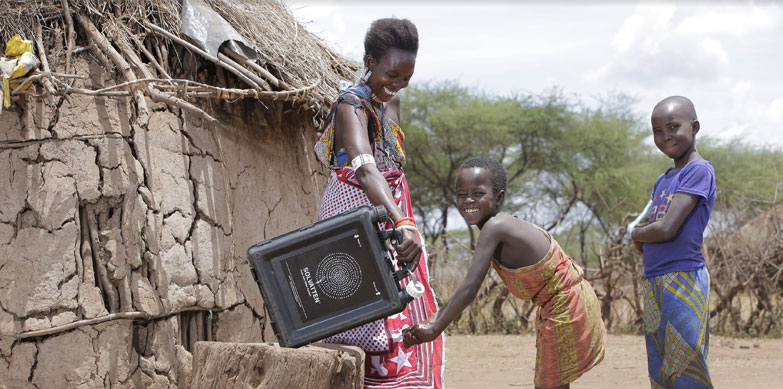
WHAT IS IT?
Pollution Solutions at ESRAG
How do pollution solutions benefit humanity?
Pollution of our air, water, and soil endangers human health and longevity. Some pollutants, like the particulates from burning wood and fossil fuels, are causing 12-15 million people each year to die prematurely. Other dangers come from the estimated 350,000 different types of man-made substances now on the global market, such as plastics, pesticides, industrial chemicals, and chemicals in consumer products, antibiotics, and other pharmaceuticals. These can take the form of any substance (solid, liquid, or gas) or energy (such as radioactivity, heat, sound, or light).
POLLUTION
Learn more
From Fast Fashion to Eco-Champion: Steps for a Sustainable New Year
By Martina Lastikova It’s that time of year when we set new goals and resolutions to better ourselves and the world around us. Why not commit to more sustainable changes? Buying Second-hand According to BBC, fast fashion accounts for about 10% of global carbon...
Rooftops to Renewables: How One Rotarian is Inspiring a Solar-Powered Future
By: Jaideep Malaviya Rtn. Devarajan, Chairman and Managing Director of Sambandan Spinning Mills and a devoted Rotarian, is leading by example in the global shift toward renewable energy. In 2022, he commissioned an impressive 5 MW rooftop solar project across four of...
How ESRAG Empowers Communities to Lead the Way on COP29 Climate Commitments
The 29th Conference of the Parties (COP29) in Baku, Azerbaijan, marked a pivotal moment in global climate action, achieving significant milestones amid ongoing challenges. A landmark agreement was reached to mobilize $300 billion annually by 2035 to assist developing...
Take Action on Pollution
Rotarians are inspiring their communities and regions to implement many strategies that prevent or reduce pollution. Farming practices that use less fertilizer and pesticides reduce the runoff and algal blooms poisoning our drinking water. Clean cooking drastically reduce families’ exposure to particulates that ravage their health. Watershed cleanups spotlight how pollution gets to the rivers we depend on, catalyzing business and public policy solutions. Rotarians are helping to expand what can be recycled, and encouraging new product design to prevent plastic waste. Click on the thumbnails below to discover some of the inspiring Rotary projects your club or district can replicate!
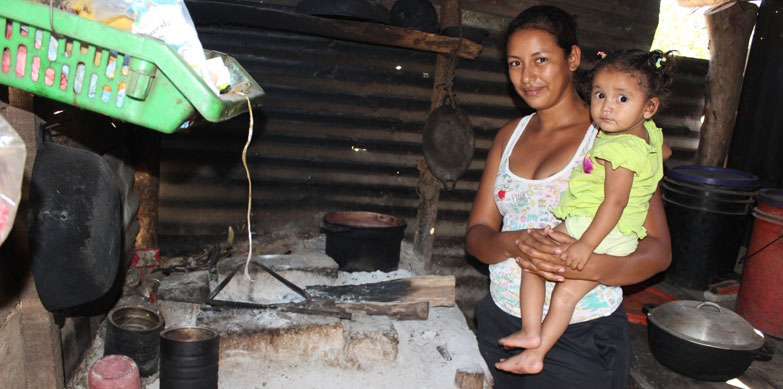
Clean Cooking
To create awareness of, and to promote practical solutions for the need
to urgently transition to Clean Cooking.
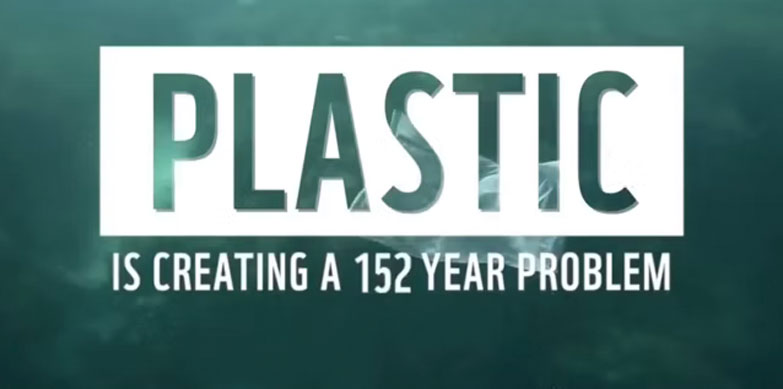
Plastics Solutions
Leveraging the power of Rotary to develop a global network to rethink and influence how we create, use, and dispose of plastic.
POLLUTION
Featured Projects
Projects surrounding pollution.
POLLUTION IMPACT
Resources
“Water and air, the two essential fluids on which
all life depends, have become global garbage cans.”
― Jacques-Yves Cousteau
The harm caused by some man-made substances is already documented. Impacts can include genetic damage and cancer, reduced fertility, behavioral changes, birds starving because they have ingested plastic, antibiotic resistance, and breakdown of the ozone layer. We find these pollutants everywhere, including our own bloodstream. Science is warning us loudly: we need to decrease the use of pollutants and we need to clean up already contaminated areas.
Join with us to build out ‘Pollution’ as one of ESRAG’s key objectives.
POLLUTION
Featured Events
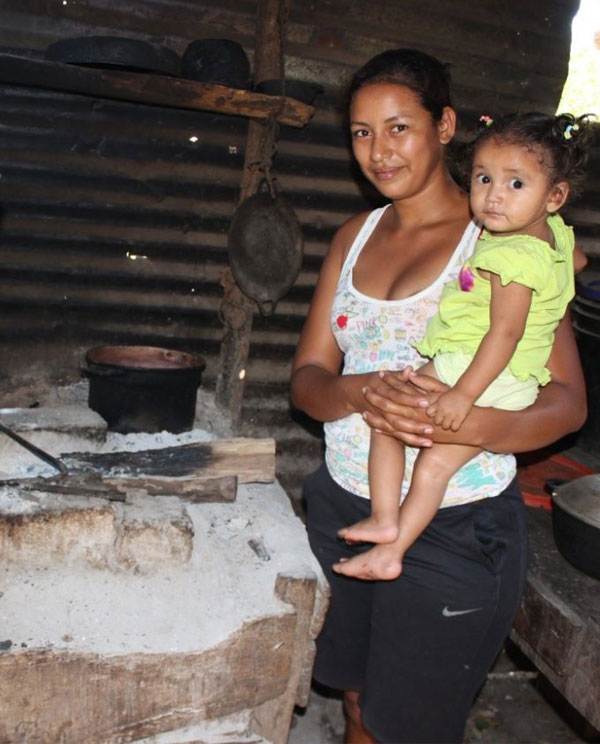
Speaker: Hosts: ESRAG & RAGCED
Topic: Building a Better World, Pre-RICON Summit
More info
Speaker: ESRAG's Plastics Solutions Task Force
Topic: People gather from around the world to connect, learn, and explore collective wisdom.
More info
Speaker: Nancy Economou
Topic: literacy, poverty, solar power, renewables
More info

